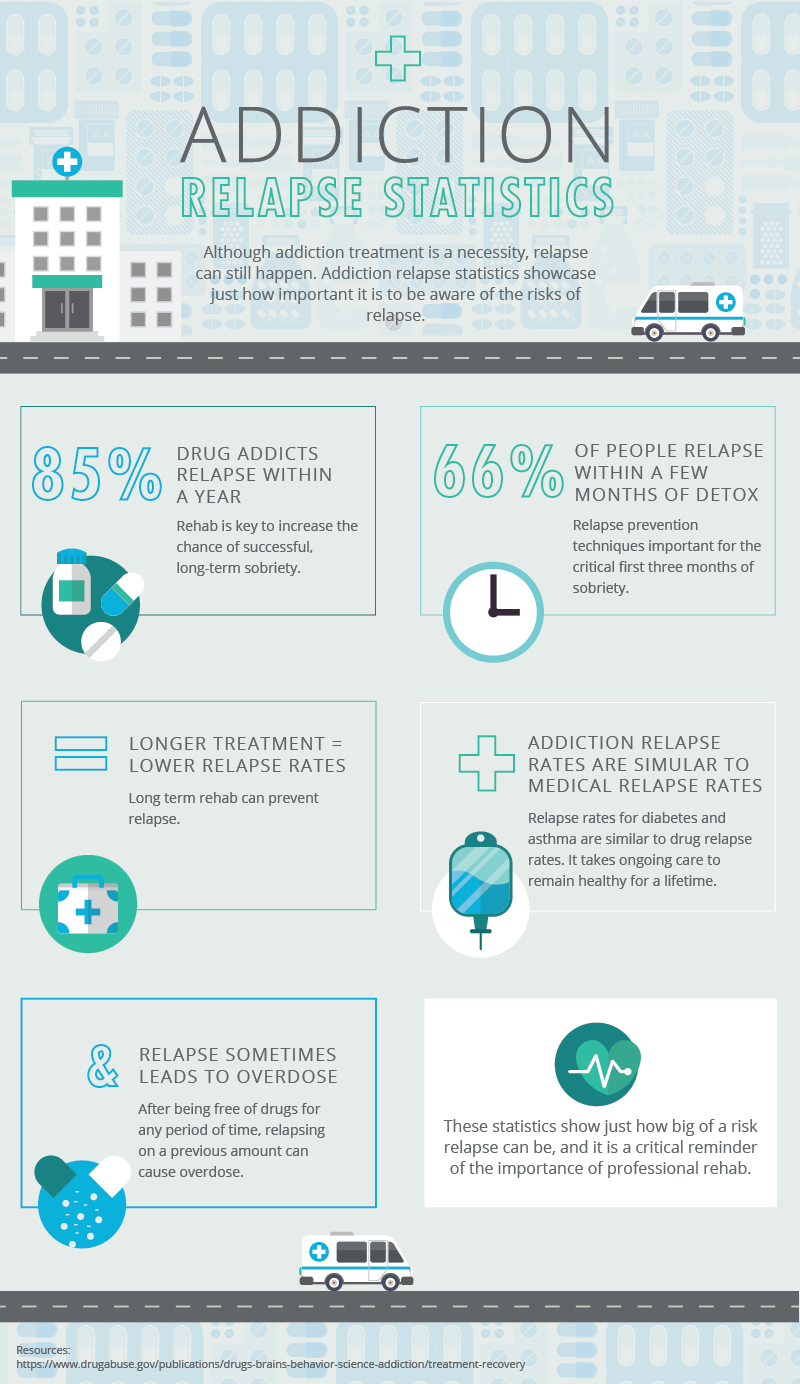Why Aftercare In Drug Rehabilitation Is Essential For Long-Term Recovery. Discover Exactly How Support Group Can Aid You Remain Sober And Develop A Meeting Life
Why Aftercare In Drug Rehabilitation Is Essential For Long-Term Recovery. Discover Exactly How Support Group Can Aid You Remain Sober And Develop A Meeting Life
Blog Article
Author-Ashby Worm
You can not do it alone. Recuperation from drug dependency needs a strong support group.
The relevance of aftercare in drug rehabilitation can not be overstated. In this short article, we will explore the duty of therapy, the advantages of therapy, and the structure provided by peer support groups in keeping soberness.
So, get a cup of coffee, sit back, and allow us assist you with the crucial actions of post-rehabilitation support.
The Duty of Therapy in Aftercare
If you intend to maintain your sobriety after leaving rehabilitation, it's vital that you continue taking part in counseling sessions as part of your aftercare strategy.
Counseling plays a vital duty in your healing trip by supplying ongoing support, assistance, and a risk-free space to share your sensations and worries.
Through counseling, you can address any kind of underlying concerns that may have contributed to your dependency, develop coping strategies, and find out healthier means to manage tension and cravings.
It enables you to work through any type of unresolved emotions and develop a better understanding of yourself and your triggers.
The Advantages of Therapy in Keeping Sobriety
To maintain your soberness, treatment can give many advantages.
- Therapy provides a safe area for you to explore and attend to the underlying concerns that may have contributed to your dependency.
- It enables you to work through your feelings and develop much healthier methods of managing stress and triggers.
- Through therapy, you can gain a much better understanding of on your own and your patterns of actions, which can aid you make positive changes in your life.
- Furthermore, therapy supplies you with a support system of experts that are trained to guide and assist you on your trip to healing.
- They can use important insights, tools, and techniques to assist you browse the obstacles that might occur.
- In treatment, you can find out to establish healthy and balanced coping abilities, construct strength, and boost your overall wellness.
Peer Support System: A Foundation for Lasting Recovery
You can find enduring recovery by proactively joining peer support system and connecting with others that share similar experiences and goals.
https://postheaven.net/kristine302vasiliki/experience-the-transformative-benefits-of-specialized-drug-recovery provide a safe and non-judgmental space where people in recovery can come together to share their battles, successes, and insights. By actively joining these teams, you can receive the support and encouragement you need to remain on the course of recovery.
Connecting with others that have actually gone through similar experiences can be incredibly encouraging, as it helps you realize that you aren't alone in your journey. It additionally enables you to learn from others that have actually efficiently conquered comparable difficulties. With each other, you can commemorate landmarks, hold each other accountable, and deal support and suggestions.
https://www.mlive.com/news/flint/2021/09/just-keep-fighting-um-flint-student-founds-nonprofit-to-support-drug-addiction-recovery.html , you can build a strong support group that will assist you browse the ups and downs of recovery and eventually locate long lasting healing and improvement.
Conclusion
You have actually learned about the crucial role of aftercare in drug rehabilitation. Counseling, therapy, and peer support system contribute to lasting recovery. Right here's an astonishing figure to grasp the magnitude of the concern: researches reveal that people who obtain aftercare therapy are 50% most likely to preserve sobriety compared to those who do not.
So, imagine the transformative power of these support group in helping individuals reclaim their lives and develop a brighter, drug-free future.
